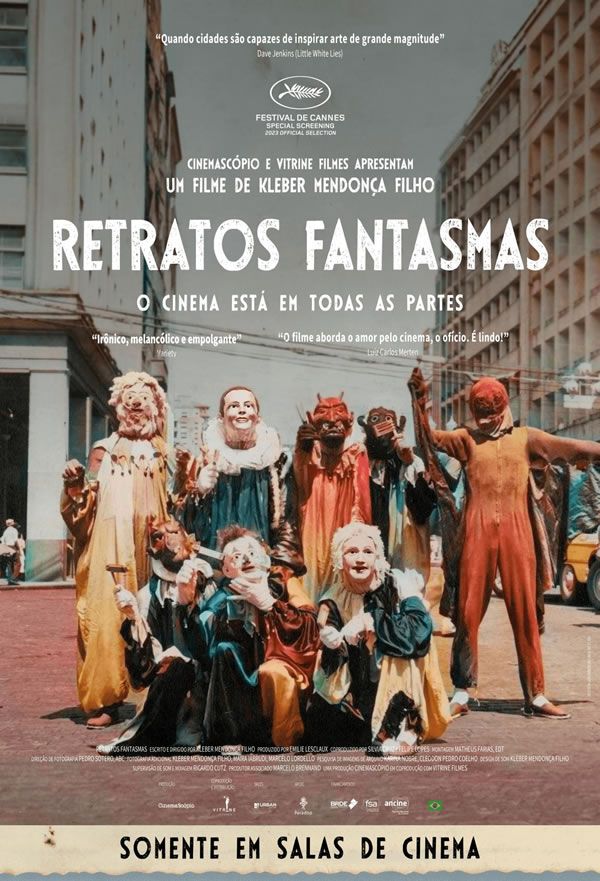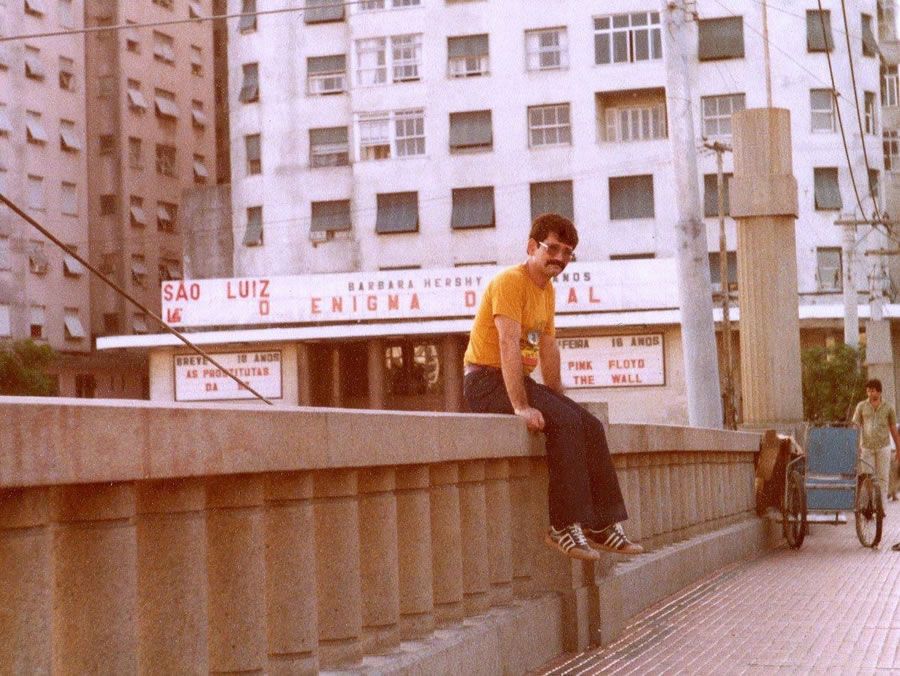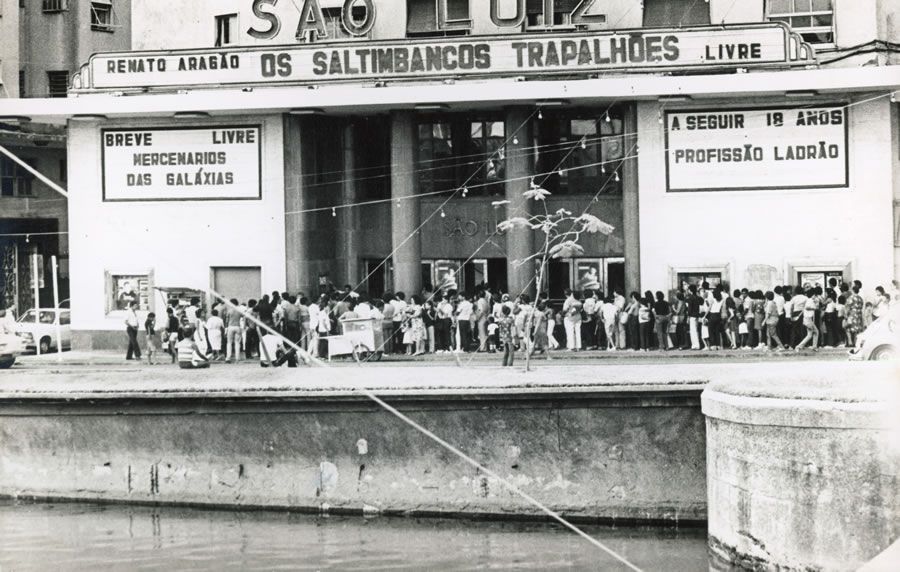10/02/2023
Kleber Mendonça Filho and His Most Personal Work: Review 'Pictures of Ghosts'
The new film by filmmaker Kleber Mendonça Filho has been chosen by Brazil to represent them at the Oscars 2024.
Luminous Cinema. By Daniel Ruiz, (Twitter: @tatoruiz), accredited by CineVista at the 2023 Lima Film Festival.
Kleber Mendonça Filho's cinema has been a critique of issues such as real estate speculation and its resulting gentrification, as well as the forced isolation and fears that come with internal migration and urban overpopulation, precisely as a result of the real estate phenomenon. He engages with this in his work, placing it as part of the plot or as the context of these urban stories, always original and fresh.
Mendonça Filho's cinema is characterized by discomfort and subtle denunciation that in some way also underscores that it is a kind of necessary evil or, better, the result of being immersed in a consumerist and neoliberal society.
In his debut, "O Som ao Redor," he placed the theme in the background, generating all that concern and fear in his characters. In "Aquarius," it was part of the conflict of its protagonist, played by Sonia Braga. In "Bacurau," he distanced himself, but not entirely. In one of his short films, "Electrodoméstica," the theme is also exposed, but in a rather comedic tone. And although always sharp and biting, the Brazilian has also built his work through immense love for his hometown, Recife, a coastal city in northeastern Brazil, always placing it - or almost always - as the backdrop for his stories.

Attached to that love is a feeling of nostalgia for what could be, for what was, for what might not be looking good. Nostalgia - saudade - put at the service of the narrative. Capitalized in cinema. And it is that saudade that invades his most recent film, "Pictures of Ghosts," perhaps his most personal work. Much more personal.
"Pictures of Ghosts" is structured in three parts. The first part is dedicated to his house. Residence and set for several of his films, including his short films. In this first part, he engages with the past, the biography of that space that has received thousands of visits and constitutes his most emotional and, of course, familiar terrain. Through his voice-over, photographs, home videos, and material from his films, the director talks about how it has evolved over time and has also become a vibrant collection.

The second part, longer, is dedicated to the transformation that the cinemas where he grew up, as a human being and cinephile, have undergone. A journey through the city and its dynamics. The echo of his past. The marquees and movie posters turned into absolutely benevolent ghosts, reminding us that the past was indeed better. Like in the first part, the Recife native relies on personal and third-party archive material, taking us to places like the Astor cinema, the São Luiz cinema, or the Boa Vista, to name just a few. Always emphasizing how certain rituals have changed. It moves the cinephile audience because what is being recounted is loaded with something superior to any social, economic, and cultural dynamics.

The third part is exclusively for personal reflections. Conclusions linked, once again, to saudade, and it leads to a closing that is absolutely wonderful. I left the theater so moved that my eyes welled up. "Pictures of Ghosts" is a piece of life, a luminous journey to the core of a deep and reflective filmmaker. Mendonça Filho also accompanies the narrative with a soundtrack that you can't help but listen to. If you want to hear it, it's available on Spotify. If you haven't seen it, the music will make you want to. If you've already seen it, then it will awaken that good vibe with which you leave the theater or finish watching it.
Technical Information
- Director: Kleber Mendonça Filho
- Screenplay: Kleber Mendonça Filho
- Duration: 93 minutes
- Genre: Documentary
- Characters: Kleber Mendonça Filho
- Editing: Matheus Farias
- Narrator: Kleber Mendonça Filho
- Cinematography: Pedro Sotero
- Producers: Emilie Lesclaux
- Country: Brazil
- Year: 2023
<< Go to Spanish version
